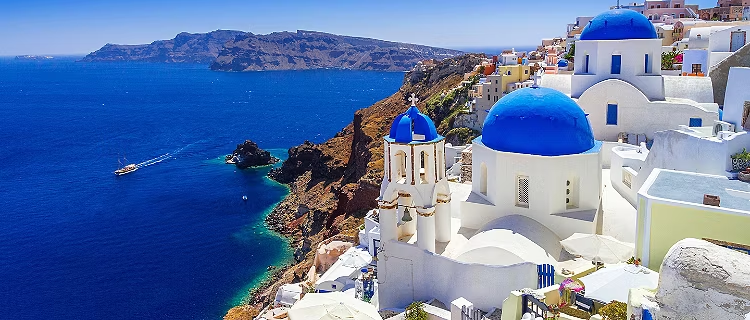Greece stands as one of the world’s most historically significant nations, a country where ancient mythology meets modern reality, where philosophical foundations of Western thought were laid, and where democracy first took root. This Mediterranean jewel, officially known as the Hellenic Republic, continues to captivate visitors and scholars alike with its extraordinary blend of ancient heritage, stunning natural beauty, and vibrant contemporary culture.
Geographic Splendor
Greece occupies a strategic position at the crossroads of Europe, Asia, and Africa, encompassing the southern portion of the Balkan Peninsula and approximately 6,000 islands scattered throughout the Aegean and Ionian Seas. Only about 230 of these islands are inhabited, each offering its own unique character and charm. The mainland is characterized by mountainous terrain, with the Pindus mountain range forming the country’s backbone, while the coastline stretches for over 13,500 kilometers, creating one of the longest coastlines in the world relative to the country’s size.
The country’s diverse geography includes everything from snow-capped mountains and dense forests to pristine beaches and olive groves that have remained unchanged for centuries. Mount Olympus, the legendary home of the ancient Greek gods, rises to 2,917 meters and serves as both a natural wonder and a cultural symbol that connects modern Greece to its mythological past.
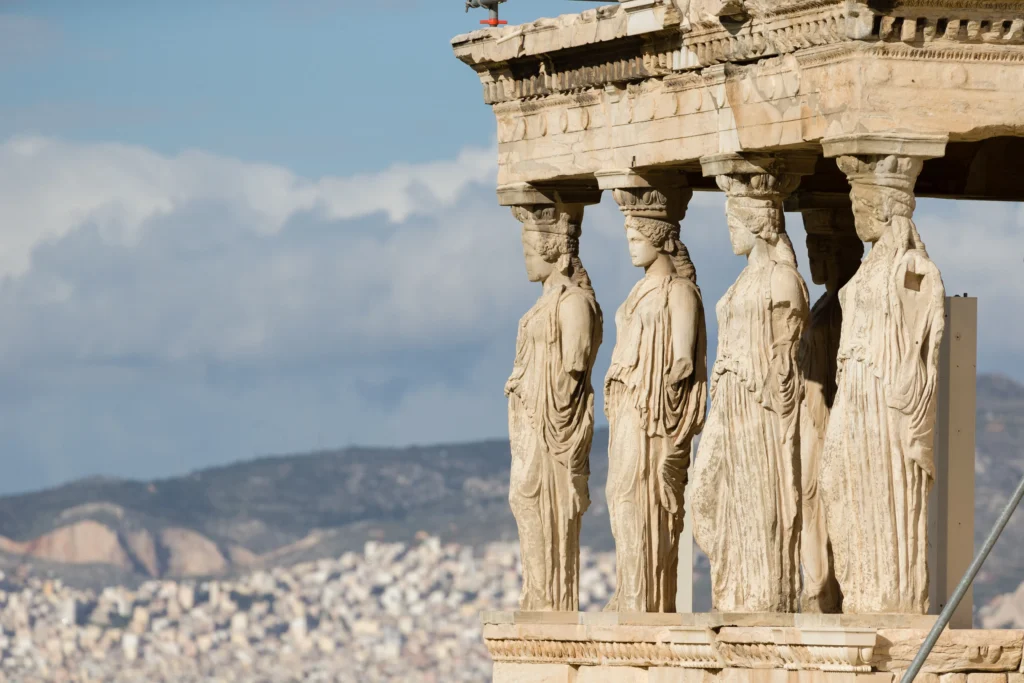
Ancient Foundations
Greece’s contribution to world civilization cannot be overstated. As the birthplace of democracy, philosophy, theater, and the Olympic Games, ancient Greece laid the intellectual and cultural foundations upon which much of Western civilization was built. The city-states of Athens and Sparta, though rivals, each contributed unique elements to Greek culture: Athens as the center of learning, arts, and democratic governance, and Sparta as the epitome of military discipline and physical excellence.
The golden age of ancient Greece, spanning the 5th and 4th centuries BCE, produced some of history’s most influential thinkers and creators. Philosophers like Socrates, Plato, and Aristotle established frameworks for logical thinking and ethical reasoning that continue to influence education and governance today. Playwrights such as Sophocles, Euripides, and Aristophanes created dramatic works that remain relevant and are still performed worldwide.
The architectural achievements of ancient Greece, exemplified by the Parthenon and other structures on the Acropolis of Athens, established design principles that continue to influence architecture around the globe. The classical orders of Greek architecture – Doric, Ionic, and Corinthian – can be seen in government buildings, museums, and monuments from Washington D.C. to St. Petersburg.
Cultural Heritage and Traditions
Modern Greek culture represents a fascinating continuity with its ancient past while embracing contemporary European values. The Greek Orthodox Church plays a central role in national identity and cultural life, with approximately 90% of the population identifying as Greek Orthodox Christians. Religious festivals and celebrations throughout the year provide opportunities for communities to gather and maintain traditions that have been passed down through generations.
Greek cuisine reflects the country’s position at the intersection of European and Middle Eastern culinary traditions. The Mediterranean diet, with its emphasis on olive oil, fresh vegetables, seafood, and grains, originated in Greece and has been recognized by UNESCO as an Intangible Cultural Heritage of Humanity. Traditional dishes like moussaka, souvlaki, and Greek salad have gained international recognition, while local specialties vary significantly from region to region.
The concept of “philoxenia” – literally meaning “love of strangers” – remains deeply embedded in Greek culture. This traditional hospitality extends far beyond mere politeness, representing a genuine cultural value that welcomes visitors as honored guests. This tradition has made Greece one of the world’s premier tourist destinations, where visitors consistently report feeling welcomed and valued.
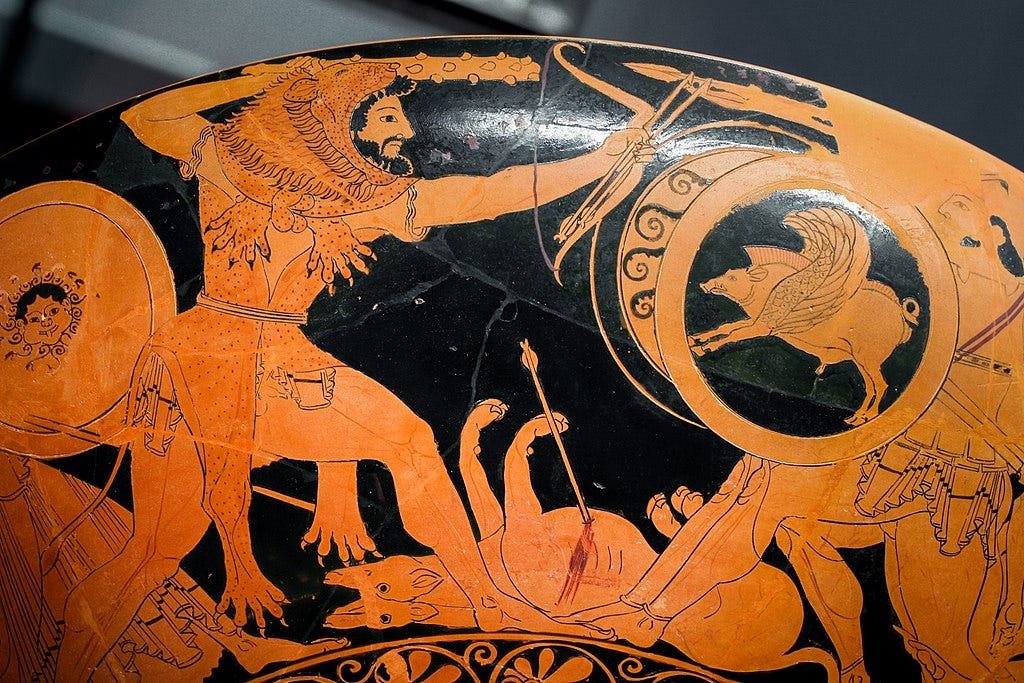
Language and Literature
The Greek language boasts the longest documented history of any Indo-European language, spanning over 3,400 years of written records. Modern Greek, while evolved from its ancient form, maintains remarkable continuity with classical Greek, allowing contemporary Greeks to read ancient texts with relative ease compared to speakers of other modern languages attempting to read their ancient predecessors.
Greek literature has profoundly influenced world literature from its earliest expressions. The epic poems of Homer, the Iliad and the Odyssey, established narrative traditions that continue to influence storytelling today. These works not only provided entertainment but also served as educational tools, transmitting cultural values and historical memory across generations.
In modern times, Greek literature has continued to make significant contributions to world culture. Writers like Nikos Kazantzakis, author of “Zorba the Greek,” and poets such as Constantine Cavafy have brought Greek perspectives to international audiences. The country has also produced two Nobel Prize winners in literature: Giorgos Seferis in 1963 and Odysseus Elytis in 1979.
Economic Landscape
Greece’s economy is primarily based on services, tourism, shipping, and agriculture. The country is one of the world’s leading shipping nations, with Greek-owned vessels accounting for a significant portion of global maritime trade. This maritime tradition dates back thousands of years and continues to be a source of national pride and economic strength.
Tourism represents one of Greece’s most important economic sectors, contributing significantly to GDP and employment. The country welcomes over 30 million visitors annually, drawn by its historical sites, beautiful islands, excellent climate, and rich cultural offerings. Popular destinations include the historic sites of Athens, the stunning sunsets of Santorini, the party atmosphere of Mykonos, and the medieval charm of Rhodes.
Agriculture remains important, particularly the production of olive oil, wine, figs, and citrus fruits. Greece is one of the world’s largest producers of olive oil, with some olive trees in the country believed to be over 1,000 years old. The country’s wine-making tradition spans over 4,000 years, producing unique varieties that reflect the diverse microclimates found throughout the Greek islands and mainland.
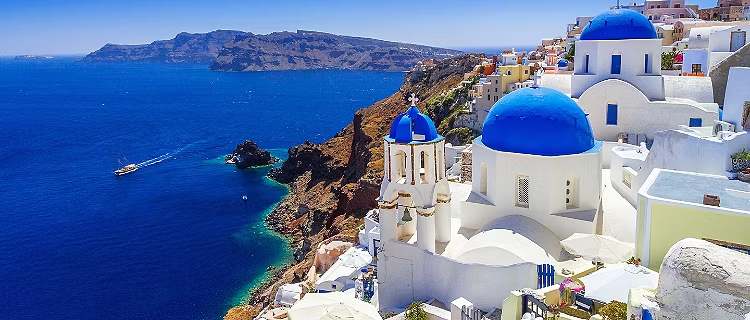
Islands of Wonder
The Greek islands each possess distinct personalities and attractions. The Cyclades, including Mykonos and Santorini, are famous for their white-washed buildings, blue-domed churches, and vibrant nightlife. Santorini, in particular, offers one of the world’s most spectacular volcanic landscapes, with clifftop villages overlooking the caldera providing breathtaking sunset views.
Crete, the largest Greek island, serves as a microcosm of Greek diversity, featuring ancient Minoan palaces, Venetian architecture, Ottoman influences, and some of the best beaches in the Mediterranean. The island’s rich history spans over 5,000 years, making it an archaeological treasure trove.
The Ionian Islands, including Corfu and Zakynthos, offer lush landscapes and crystal-clear waters, while maintaining strong cultural connections to both Greek and Italian traditions due to their historical ties with Venice. Each island group provides different experiences, from the cosmopolitan atmosphere of Mykonos to the traditional fishing villages found on smaller, less touristy islands.
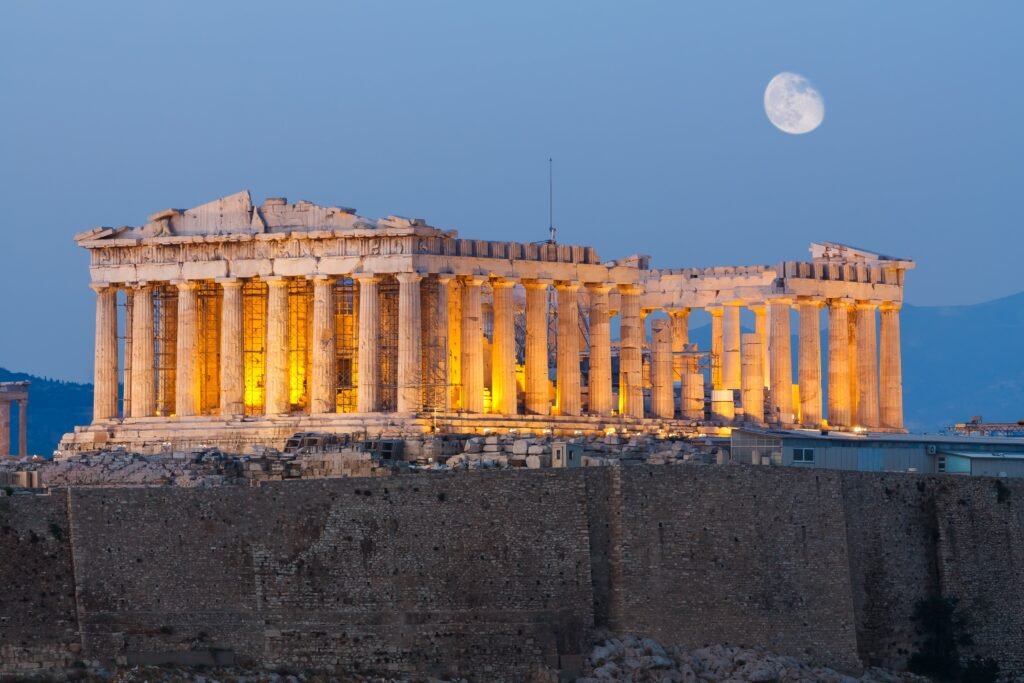
Art and Architecture
Greek artistic achievement extends far beyond its ancient monuments. The country has maintained strong artistic traditions throughout the centuries, adapting to various cultural influences while maintaining distinctly Greek characteristics. Byzantine art and architecture, developed during the Eastern Roman Empire, created a unique synthesis of Greek, Roman, and Christian elements that influenced artistic development throughout Eastern Europe and Russia.
Contemporary Greek art continues to thrive, with Athens serving as a growing hub for modern artistic expression. The city’s vibrant street art scene, numerous galleries, and cultural events reflect a modern creative spirit that honors traditional Greek artistic values while embracing contemporary international movements.
Traditional Greek crafts, including pottery, weaving, and jewelry making, continue to be practiced throughout the country. The island of Rhodes is famous for its ceramics, while Mykonos is known for its silver jewelry. These traditions not only preserve cultural heritage but also provide economic opportunities for local artisans.
Modern Challenges and Opportunities
Contemporary Greece faces the typical challenges of a modern European nation while dealing with unique circumstances related to its geographic position and recent economic history. The country has worked to overcome the economic difficulties of the past decade, implementing structural reforms while maintaining its cultural identity and social values.
Greece’s strategic location has made it a crucial partner in addressing migration issues affecting Europe, while also positioning the country as an important energy hub for the region. Recent discoveries of natural gas deposits in the Eastern Mediterranean have opened new economic possibilities for Greece and its neighbors.
The country’s commitment to renewable energy, particularly solar and wind power, reflects both environmental consciousness and economic pragmatism. Greece’s abundant sunshine and wind resources provide excellent opportunities for sustainable energy development, potentially making the country a significant exporter of clean energy to other European nations.
Greece maintains a strong commitment to education, reflecting the ancient Greek belief in the power of knowledge and learning. The country’s universities attract students from around the world, particularly those interested in classical studies, archaeology, and Mediterranean studies. The American College of Greece and other international institutions have established strong programs that bridge Greek and international educational traditions.
Research and innovation in Greece focus particularly on areas where the country has natural advantages, including maritime technology, renewable energy, and archaeological sciences. Greek researchers contribute significantly to international projects in these fields, maintaining the country’s historical connection to intellectual achievement.
Greece represents a unique convergence of ancient wisdom and modern vitality, where philosophical discussions might take place in cafes built on foundations that are thousands of years old. The country’s contribution to world civilization extends far beyond its ancient achievements, encompassing ongoing cultural, economic, and intellectual contributions that continue to enrich the global community.
From the bustling streets of Athens, where ancient monuments stand alongside modern businesses, to the tranquil islands where traditional ways of life persist alongside contemporary amenities, Greece offers experiences that satisfy both those seeking cultural enrichment and those simply wanting to enjoy some of the world’s most beautiful landscapes.
The enduring appeal of Greece lies not just in its historical significance or natural beauty, but in its ability to make visitors and residents alike feel connected to something larger than themselves – whether that’s the sweep of human history, the power of natural beauty, or the warmth of human community. In Greece, the past is always present, the landscape is always inspiring, and the welcome is always genuine.
As Greece continues to evolve as a modern European nation while maintaining its unique cultural identity, it serves as a reminder that the best of human achievement comes from honoring the past while embracing the future. Whether you come to Greece as a scholar, a tourist, or simply as someone seeking beauty and meaning, you will find that this remarkable country offers rewards that last long after your visit ends.


